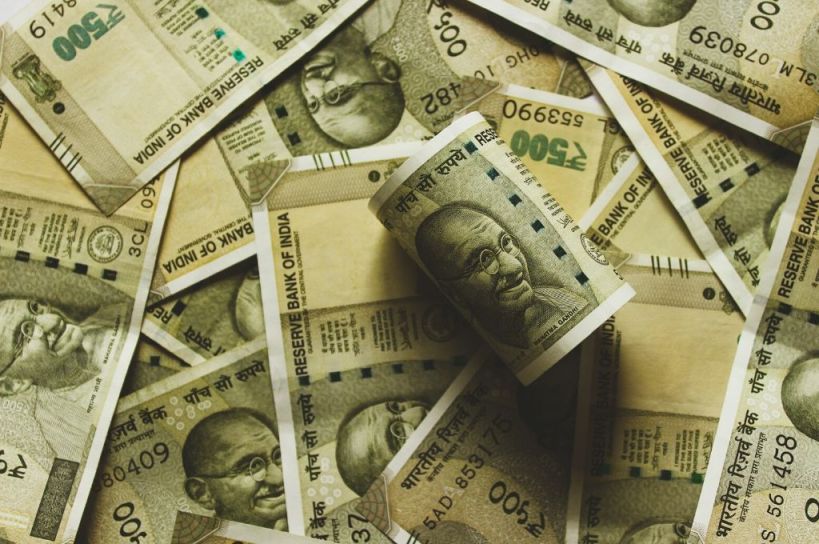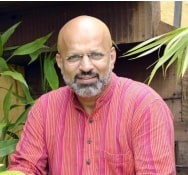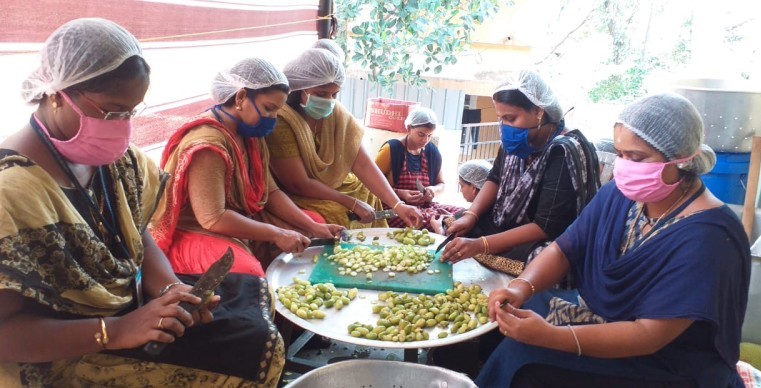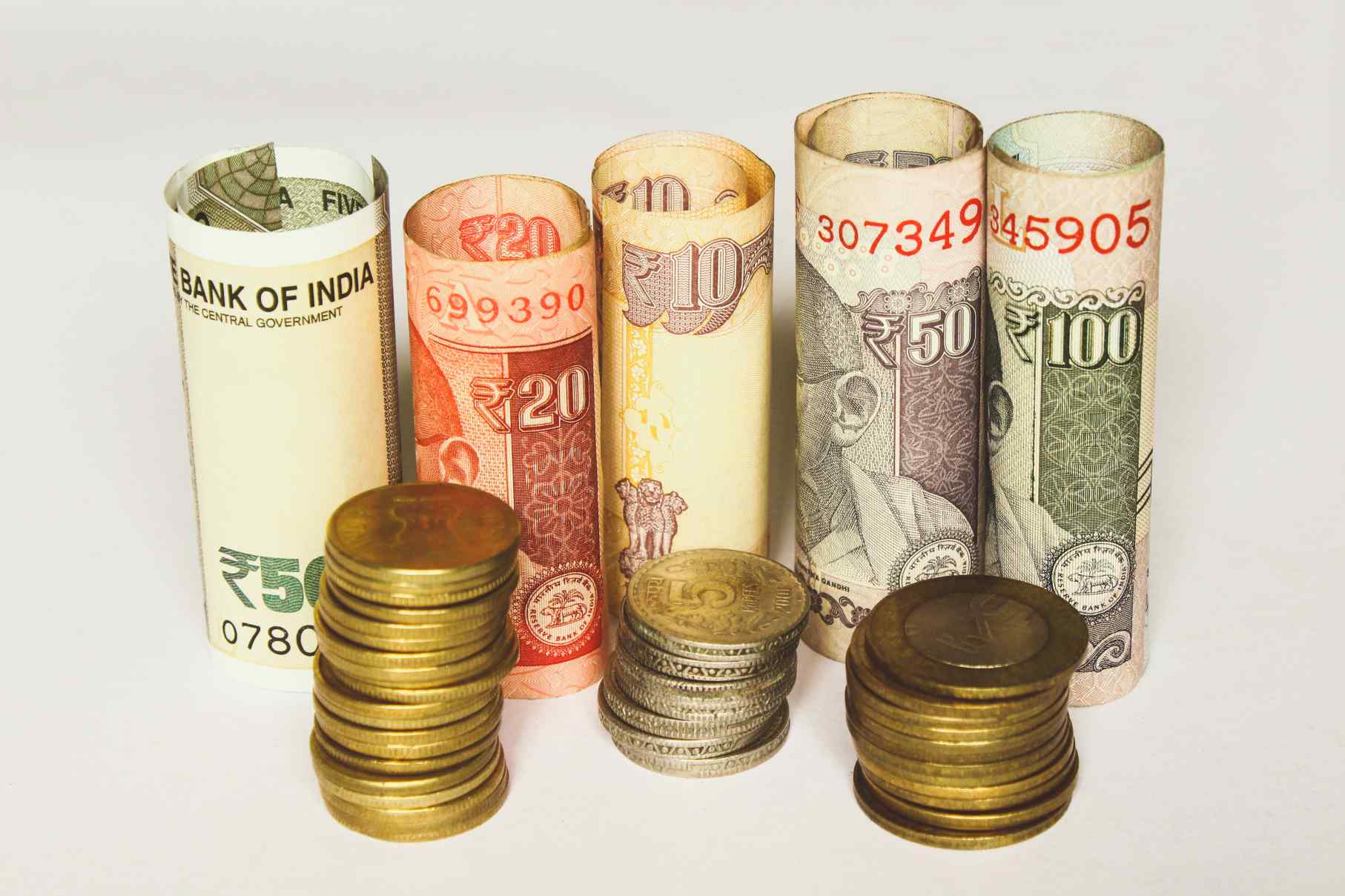It is great to see our entire country rallying together to fight COVID-19. This battle is a struggle for so many people. I am a supporter of Prime Minister Modi’s call for physical distancing and the shutdown. But physical distancing is a luxury. Many people cannot do so, because they live in tiny homes, in close proximity to each other. And then there are the migrant workers who are squeezed next to each other as they struggle to head home.
In the midst of all of this, our Prime Minister announced the creation of the Prime Minister’s Citizen Assistance and Relief in Emergency Situations Fund (PM-CARES), which—if the intention is to allow funds to move fast and circumvent bureaucratic hurdles—is a great initiative.
Related article: “A pandemic is not a law and order problem”
We already know that Prime Minister Modi is a master at getting people to change their behaviour. Perhaps—like the recent TV address about the lockdown convinced people to stay indoors—the announcement of the PM-CARES Fund will convince more people to give to the cause. Already, many movie stars, industrialists, and sportsmen have come forward to contribute to it.
That being said, I look at this fund with mixed emotions. Here’s why:
The PM did a great job rallying the country together, but the pictures of migrants walking hundreds of miles to get to the safety of their homes are heart wrenching. Of course, such decisions had to be made quickly, and it is easy to criticise the government in hindsight. And sometimes there are limited alternatives when one is doing work on a war footing. Mistakes are bound to be made, and in many cases, inaction could be more damaging. The PM also acknowledged and apologised for these hardships in his latest Mann Ki Baat address.
The morning PM-CARES was announced, two friends who had promised to give us money for our COVID-19 relief work called to apologise, saying that they were redirecting their money to the PM’s fund (fortunately one called me back later to say he had changed his mind). In this environment, nonprofits are already struggling on the funding side. Many will shut down or go into hibernation over the next three months and their employees will join the daily wage earners as workers who suddenly do not have any income. Who will look after them?
This is despite the fact that the government is currently pushing legislation that aims to ban Corporate Social Responsibility (CSR) funding to nonprofits set up as trusts or societies. One of the reasons given for doing so is the alleged poor governance structure of trusts and societies when compared to Section 8 companies. Why then has the government set up PM-CARES as a trust aimed at targeting corporate CSR funds?

While many donors have stepped up to fund nonprofits working on COVID-19 relief measures, their amounts pale in comparison to how much PM-CARES raised in its first two days. | Picture courtesy: Pxfuel
While many donors have stepped up to fund nonprofits working on COVID-19 relief measures, their amounts pale in comparison to how much PM-CARES raised in its first two days. Moreover, donors have grilled nonprofits on how we will ensure proper delivery. But no such questions are being asked of the PM-CARES Fund. How will success be measured? What audited accounts will be given? This information has not been shared. So far, the success with respect to funds raised for PM-CARES is a reflection of the confidence people have in our Prime Minister. However, problems are already surfacing, like reports of fake online accounts being set up to steal funds meant for PM-CARES. I presume that these issues will be addressed over the next few days, because everything is moving so fast and decisions are being taken on a war footing.
Related article: “The government response cannot begin and end with the lockdown”
The internet has taught us that ideas and solutions come from decentralised, empowered teams driven by big, hairy, audacious goals. There are so many smart people across our country—in governments, research institutions and academia, the private sector, nonprofits, and civil society. Today, more than ever, we need to get them all involved in finding solutions. And doing so requires money. If a lot of funding for COVID-19 gets centralised, funds to others players could get curtailed and localised solutions will die. Here again, I hope that the funds collected will also be given to other groups who are coming up with innovative solutions.
The central as well as many state governments are talking to individuals, nonprofits, and the private sector for help to handle this pandemic. And they are relying on the generosity (and duty) of the citizens to come up with solutions because, as with all disasters, the state cannot handle this problem on its own. However, at the same time, the stimulus packages offered to the private sector have been very little.
Nonprofits will be squeezed for funding, as their donors pull back discretionary money.
Nonprofits, most of whom are funded either by philanthropists or CSR, will therefore be squeezed for funding, as their donors pull back discretionary money. And many nonprofit professionals are worried that they may not have a job soon. So, on one hand various governments rush to the private players for help, while at the same time some people in the government treat the nonprofit sector with suspicion.
I sincerely hope that PM-CARES helps various teams in the public and private sector work together, bridging our trust deficits, to fight the virus and reduce the pain inflicted on so many vulnerable people on various fronts—physical, mental, and financial.
Disclaimer: IDR is funded by Luis Miranda.
—
Know more
- Read about the PM-CARES Fund, what it will be used for, and the Prime Minister’s announcement of it.





